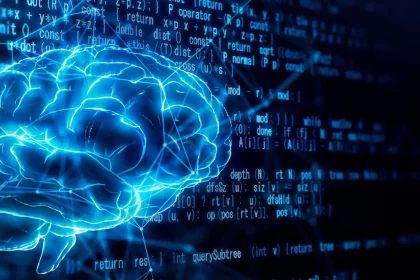In an era where technological developments are revolutionising industries at an unprecedented pace, automation is transforming industries and changing how we work. However, by adopting a proactive approach and refining a unique skillset, students can remain relevant in the ever-evolving job market. For someone who is considering studying abroad, pursuing courses that are unaffected by automation and also align with emerging trends is crucial to achieving success.
While routine and repetitive jobs such as manufacturing, data entry, customer service, and so on, are particularly vulnerable to the AI threat, there are jobs requiring creative expression, complex problem solving, and meaningful human interactions that promise security and personal fulfilment. Here are some advantages for such career paths:
Job security: Walking the paths that Artificial Intelligence has not affected can be viable in the long term. Skills such as adaptability, artistic expression, originality, and so on, are less susceptible to replacement and can ensure employability.
Job satisfaction: Jobs that are less likely to be automated also provide greater engagement, variety, and challenge, fostering a sense of accomplishment and purpose. This also enhances overall quality of life.
Learning and growth: AI currently lacks the ability to think creatively and develop new ideas or innovations entirely on its own. Ideas are driven by unconventional thinking and imagination. Hence, one must be a constant learner to fight against automation.
Here are some fields that are hard to automate and that students can consider:
Healthcare: The medical profession involves critical decision-making, physical actions and personal care to patients. While technology can be an aid, patient assessment and treatment often requires human expertise and compassion, which cannot be replicated by AI.
Psychological help: Counselling thrives on human interaction, emotional intelligence, and personal connection. Understanding and interpreting human emotions, including empathy and social dynamics, are tasks that AI struggles with.
Law: Making judgement calls, especially in complex situations involving ethical dilemmas, requires a deep understanding of moral and ethical values and the ability to weigh and assess different perspectives. AI lacks subjective reasoning and moral principles that a typical human possesses, thus making automation in such areas almost unimaginable.
Teachers: While there has been some use of AI in teaching, a teacher’s role goes beyond sharing knowledge. A teacher is crucial in offering each student support by supporting individual learning process. The connection and personalisation that human educators provide cannot be replaced by AI.
Social work: Though AI can process huge amounts of data and information, it cannot empathise with people. Social workers have to maintain a human-centric approach and build human bonds.
The future belongs to those who can integrate knowledge with passion. Stay curious, invest in constant learning, and align your journey with your heart’s calling. This will enable you to thrive in an era of AI.
The writer is Founder and Director, 24NorthStar.



